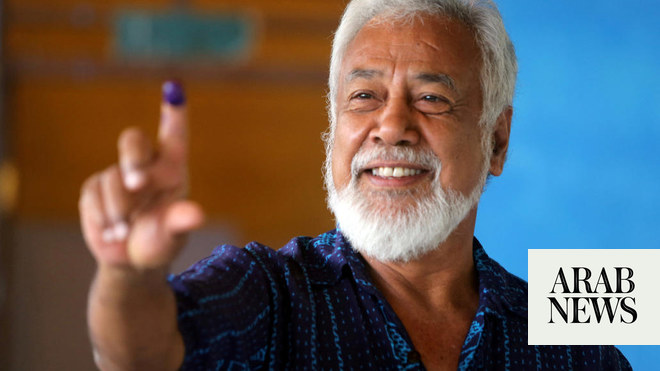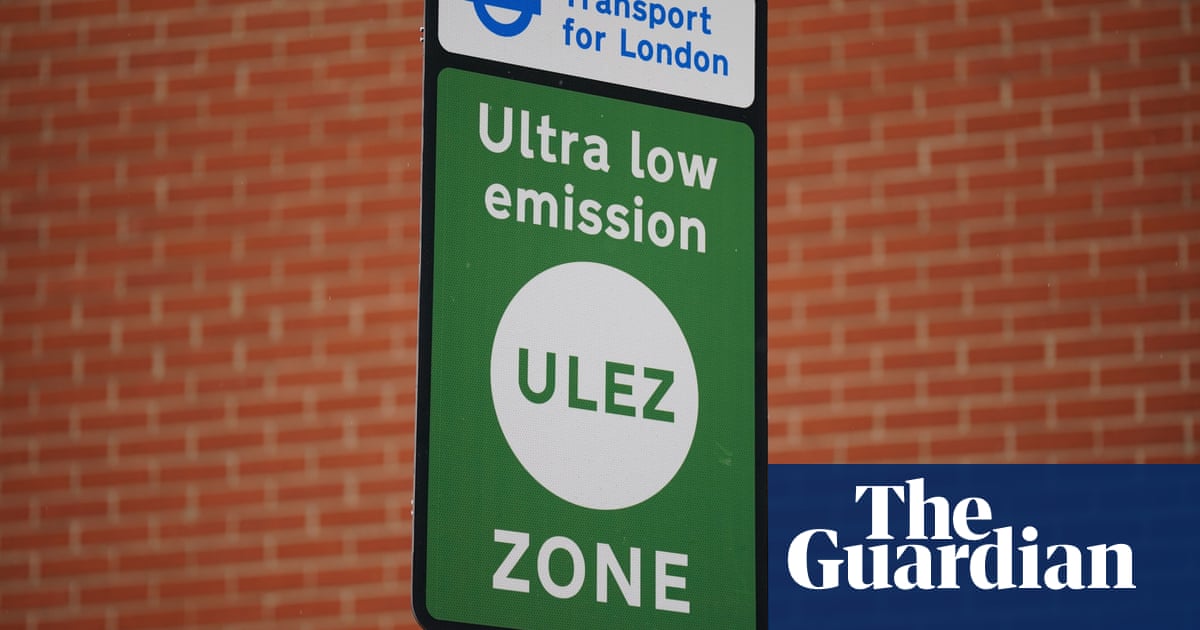
The far-right populist Alternative für Deutschland had another electoral success at the weekend when its candidate was elected as mayor of a town in east Germany, securing the party its second top municipal position in six months.
Tim Lochner, who is not a member of the AfD but ran with the party’s backing, in effect as its representative, secured 38.5% of the vote in the second round of a three-way runoff in the Saxon town of Pirna, near Dresden and close to the Czech border.
The 53-year-old independent candidate, a carpenter by trade, was trailed by candidates for the centre-right Christian Democratic Union (CDU), Germany’s leading opposition force, who secured 31.4%, and the ultra-conservative Free Voters, who took 30.1%.
It is the first time the AfD, which is riding high in the polls across the country, has secured the post of Oberbürgermeister, similar to the post of lord mayor, designated to towns and cities of a significant size. Pirna has about 40,000 inhabitants.
The party’s first mayoral post was won in August in the municipality of Raguhn-Jessnitz, in Saxony-Anhalt. Its first head of a district administration, Robert Sesselmann, was elected in June in the Sonneberg district, in the state of Thuringia.
All three posts are in former communist east German states, where the AfD has been most successful, due largely to disgruntlement on issues related to the economy and integration widely perceived as the result of unfair treatment towards the region since unification in 1990.
Alice Weidel, a co-chair of the party, which was founded in 2013, called the win a historic result for the AfD.
Last week, the Saxon office for the protection of the constitution – the regional branch of the domestic intelligence agency – classified the AfD in Saxony as “firmly rightwing extremist”. The classification had already been given to the AfD in Thuringia and Saxony-Anhalt by the respective agencies in those states.
Writing on X, the Saxon branch of the Green party said: “We find the election of a mayor from a party which was classified as rightwing extremist by the office of the protection of the constitution just last week devastating.”
Lochner, when asked if he would have a problem entering the town hall as an AfD mayor after this ruling, said he did not view it as an obstacle.
Lochner has come in for criticism for his use of the controversial term “Bewölkerungsaustausch”, or population exchange, also referred to as the “Great Exchange”, a conspiracy narrative shared in rightwing extremist circles involving a belief that a secret elite is planning to eliminate the white population in the west by gradually swapping it for a non-white population.
Asked after his election to comment on his use of the term, Lochner said he had only used it only in his capacity as a “private person”.
He is a member of the AfD faction in the city council but is not a party member. He stood in the mayoral election in 2017 but lost definitively against the incumbent, independent candidate.
The Pirna win sets the AfD up well for state elections in Saxony, Thuringia and Brandenburg, also an eastern state, next September, political analysts said. Each successive win is seen as helping the party to break down barriers with voters who might previously have been cautious about voting for the nationalist, anti-immigrant, anti-Muslim party. The party is in good stead to emerge as the strongest party in all three states.
The AfD has been riding at a high in national polls, on about 20% in recent weeks and more than 30% in some areas. Voters cite discontentment with the chancellor Olaf Scholz’s coalition government’s dealings on the economy, migration and the cost of living crisis.












